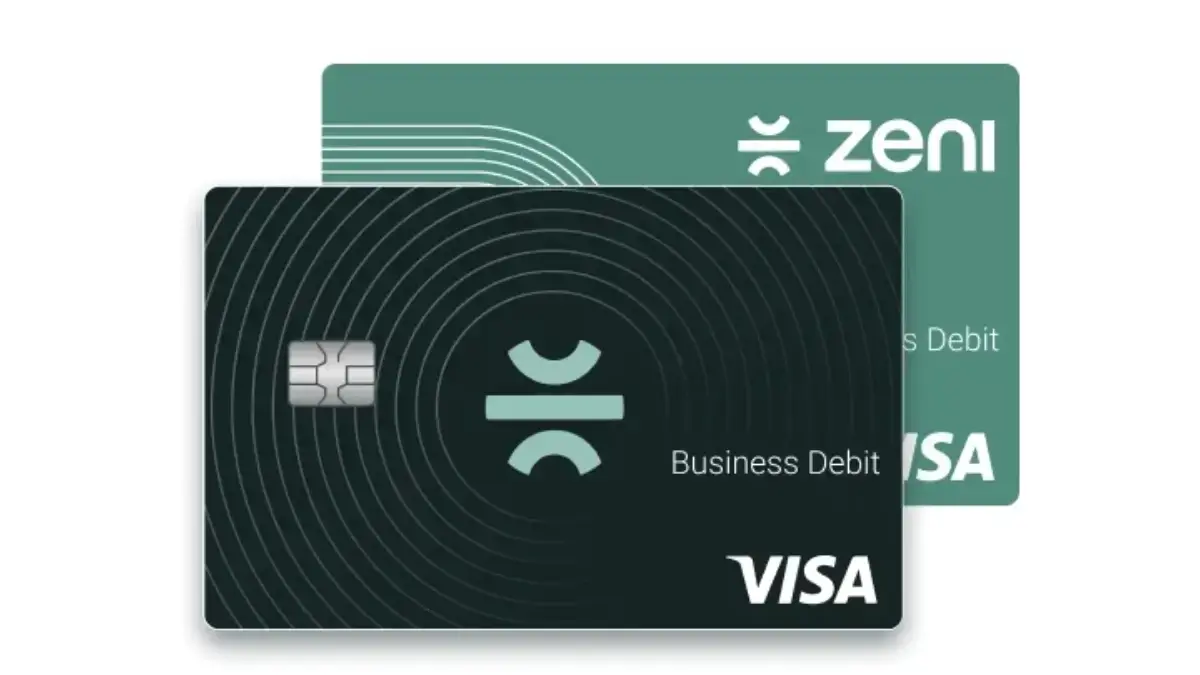
Kudos has partnered with CardRatings and Red Ventures for our coverage of credit card products. Kudos, CardRatings, and Red Ventures may receive a commission from card issuers. Kudos may receive commission from card issuers. Some of the card offers that appear on Kudos are from advertisers and may impact how and where card products appear on the site. Kudos tries to include as many card companies and offers as we are aware of, including offers from issuers that don't pay us, but we may not cover all card companies or all available card offers. You don't have to use our links, but we're grateful when you do!
How to Accept Credit Card Payments: The Complete Guide for Businesses
July 1, 2025


In today's digital economy, accepting credit card payments isn't just an option – it's essential for business growth and customer satisfaction. Whether you're launching a new venture or expanding your existing business, understanding how to process credit card transactions efficiently can significantly impact your bottom line. This comprehensive guide will walk you through everything you need to know about accepting credit card payments.
Understanding Credit Card Payment Processing
Before diving into the setup process, it's crucial to understand how credit card processing works. When a customer makes a purchase, their payment information travels through several parties:
- The payment processor verifies the transaction
- The credit card network (Visa, Mastercard, Discover, or American Express) routes the payment
- The issuing bank approves or declines the transaction
- The merchant account receives the approved funds
Essential Steps to Accept Credit Card Payments
1. Setting Up a Merchant Account
A merchant account is your business's gateway to accepting credit card payments. You have two main options:
- Traditional merchant accounts: Offered by banks and payment processors, providing dedicated services
- Aggregated merchant accounts: Provided by payment service providers like Square or PayPal, offering faster setup but potentially higher fees
2. Choosing a Payment Processor
Your payment processor handles the technical aspects of moving money from customers to your business bank account. Consider these factors when selecting one:
- Processing fees and pricing structure (flat-rate pricing vs. interchange-plus pricing)
- Integration capabilities with your existing systems
- Security features and PCI compliance
- Customer support and dedicated account management
- Hardware and software requirements
Popular payment processors include:
- Square
- Stripe
- PayPal
- Clover
- Helcim
- Chase Payment Solutions
3. Implementing Payment Solutions
Different business types require different payment solutions:
For Physical Stores:
- Point-of-sale (POS) systems
- EMV chip card readers
- Mobile card readers
- NFC payment terminals
For Online Businesses:
- Payment gateways
- E-commerce platform integration
- Virtual terminals
- Online payment processing software
Understanding Credit Card Processing Fees
Processing fees typically include:
- Interchange Fees: Set by credit card networks
- Assessment Fees: Additional network charges
- Payment Processor Fees: Covering transaction processing and services
Security and Compliance Considerations
Protecting customer data is crucial. Key security measures include:
- PCI Compliance: Required standards for handling credit card data
- Tokenization: Securing sensitive payment information
- Fraud Prevention: Implementing checks and monitoring systems
- Chargeback Protection: Managing customer disputes effectively
Maximizing the Benefits of Credit Card Acceptance
Improving Cash Flow Management
- Faster payment processing
- Reduced administrative costs
- Better transaction tracking
- Simplified reconciliation
Enhancing Customer Experience
- Multiple payment options
- Faster checkout process
- Improved customer satisfaction
- Integration with loyalty programs
Consider Using Kudos to Maximize Your Business Credit Cards
While accepting credit card payments is crucial for your business, managing your own business credit cards effectively is equally important. Kudos, a free AI-powered smart wallet, can help you maximize rewards on your business purchases. Currently, they're offering $20 back after your first eligible purchase — just sign-up for free with code "GET20" and make a purchase at a Boost merchant.
Expert Takeaway
Accepting credit card payments is essential for modern businesses. While the setup process requires careful consideration of various factors, the benefits – including increased sales, improved customer satisfaction, and streamlined operations – make it a worthwhile investment.
Frequently Asked Questions
What are the average credit card processing fees?
Processing fees typically range from 1.5% to 3.5% per transaction, varying by processor and transaction type.
Do I need different equipment for chip cards and contactless payments?
Modern payment terminals usually support both EMV chip cards and contactless payments, but older equipment may need updating.
How can I prevent credit card fraud in my business?
Implement strong fraud checks, maintain PCI compliance, use EMV-enabled terminals, and train staff on security protocols.
What's the difference between a payment gateway and a payment processor?
A payment gateway is the customer-facing interface for accepting payments, while a payment processor handles the backend transaction processing between banks.
Can I charge customers a credit card processing fee?
Credit card surcharge laws vary by state. Check local regulations and clearly disclose any fees to customers.

Supercharge Your Credit Cards
Experience smarter spending with Kudos and unlock more from your credit cards. Earn $20.00 when you sign up for Kudos with "GET20" and make an eligible Kudos Boost purchase.
Editorial Disclosure: Opinions expressed here are those of Kudos alone, not those of any bank, credit card issuer, hotel, airline, or other entity. This content has not been reviewed, approved or otherwise endorsed by any of the entities included within the post.





























.webp)
.webp)
.webp)
%20(1).webp)
.webp)
.webp)


.webp)